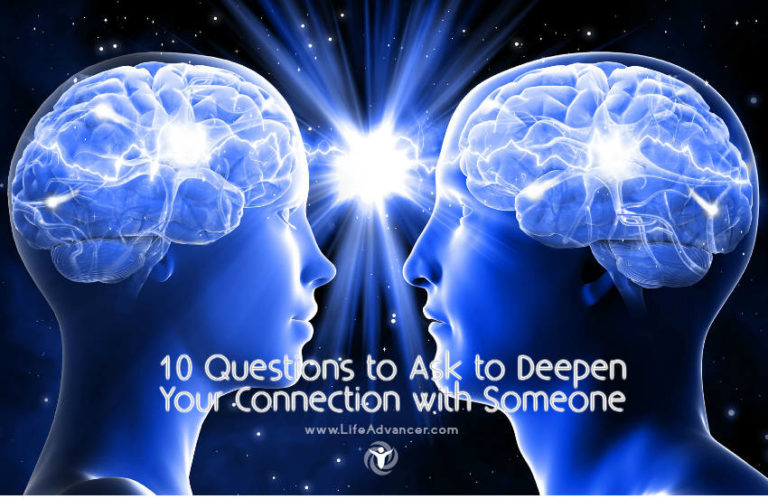I’m assuming if you’re interested in the content of this article, that you’re either someone in a relationship with a person who is used to being alone, or you’re a person who is used to being alone, in a relationship with someone who is not.
I’m also assuming that you want the relationship to work. If you’re really unhappy, the option to walk away is always there, I needn’t offer advice to that effect.
Loving someone who is used to being alone has its ups and downs.
Just as being alone has its benefits and drawbacks, people who are used to being alone have a lot to offer but the road might not be without its complications.
Both a person who is more dependent on other people for their happiness and a person who can derive happiness from being alone can learn things from each other. In a relationship, both parties should make allowances for the other person’s individuality and show respect for it.
Here are some common points that might give rise to misunderstandings, but which equally make a relationship between these two different kinds of people significant:
1. A person used to being alone has his/her own interests
Let me preface this by consenting first that everybody has their own interests. However, when somebody is used to being alone, a lot of these interests might seem exclusive – for a party of one, so to speak.
If, let’s say, your partner is a musician, and before (s)he met you, (s)he had ten hours a day for creating alone, it will be difficult and potentially damaging for him/her to give that time up. This could be extremely frustrating if you want to spend more time together.
The benefit is it allows you plenty of freedom to explore your own interests and continue to develop as an individual while in a relationship. The downside is that you might find that you feel shut out, or wish you did more together.
Showing interest in what interests your partner and encouraging discussion of these things will make you feel more included, and this will be deeply appreciated by your partner. Showing devotion to something of your own will win you their respect and will ultimately work in your favor.
Remember that retaining your personal identity and having the freedom to develop your interests outside of a relationship are precious opportunities. The fact that you have this freedom without the need to be alone to win it is a blessing. All you need to do is recognize it as such.
2. They have deep conversations because they think deeply
Being alone allows a person plenty of time for reflection. The ability to reflect is what sets us apart from other animals, so there’s a reason why a person who reflects a lot is so alluring. The conversations you have can be the most fascinating of your life.
There’s obviously a reason why you’re drawn to this person and why they’re drawn to you. Perhaps you want to develop your own capacity for reflection. The same thing goes for your partner too.
If you flit around like a butterfly and your partner is more serious and withdrawn, chances are you’re both looking for something in the other person that’s missing in yourselves. Remain faithful to your own nature, and both partners will benefit.
3. They have no particular affiliations
Another of the charms of people who are used to being alone is that they are truly individual. Their being is much less likely to be tied up with group identity. They’re far more likely to have a distinct sense of self, which is very charming to some but can make others uncomfortable.
It’s important not to stifle someone’s individuality even if it bothers you at times. You can ask them to respect your own individual need to do things differently, but avoid criticizing or trying to hold your partner to your own standards. There’s a reason why you were attracted to them, and if you stifle it, neither of you will be satisfied with the results.
4. They can be uncompromising
People who are used to being alone aren’t afraid of being alone. They’ve done the work necessary to fill the gaps that not having people in your life leaves open, and they know you can fill those gaps with some very fulfilling things.
For this reason, if you behave in a way which makes them think they were happier being alone, they can be pretty uncompromising.
This can be annoying as it means that your complaints can fall against deaf ears, and this simply isn’t fair. It’s good to point out to your partner that being stubborn and not accepting another person’s way of doing something is very limiting.
Just because they find it easy to be alone doesn’t mean they’ve got nothing to learn. Also, make it clear that they chose to be in a relationship too – there was obviously something missing.
5. They can be enigmatic
Another double-edged charm of the person who has cultivated the art of being alone is that they can be very closed. There are a lot of things in their life that they don’t need or wish to share with others. This secrecy can be very seductive, but also somewhat unsettling, as you always feel that there’s a part of your partner you can’t get to know.
As long as this kind of behavior doesn’t arouse any serious suspicion of anything untoward, a person’s need for privacy must be honored. It can also be seen as something that will help keep your relationship exciting and surprising.
All in all, loving someone who likes being alone can teach us that there’s no need for us to merge with our partners completely. When a couple merges, the two individuals in the relationship start to rebel against the stagnation that follows.
This can result in constant arguing about nothing because the individual in us feels repressed and lashes out at the other person. It’s a state of affairs that can be avoided if you just let go a little and start working on number 1 again. In a relationship with someone who is used to being alone, you have free rein to do that.





It’s not a stagnation; it’s a deepening which creates a gap. a further commitment of his to his separate life, that creates a larger gap. NOT your fault. His responsibility.
Ha…..HA!!!! Women will NOT do any of this. Especially American women. First hint of lonliness in someone and they disappear forever.
Or …. he’s discovered how awful it is when you let a female into your life. With women you can’t compromise; don’t give an INCH or they’ll try to change everything about you. Everything is always your fault, and nothing you do is good enough. So yeah, smart men would rather be alone. If you ladies don’t like it, then you’ve got some changing to do. But us guys won’t hold our breath; women aren’t known for taking responsibility for their actions.